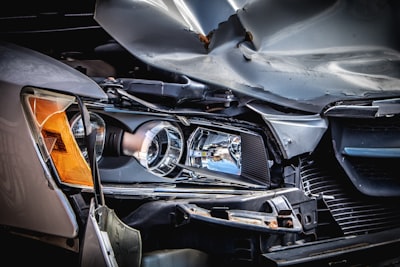There are two types of car insurance — required and auxiliary. The state you live in mandates the type of insurance required as a condition of driving in the state. You don't legally have to obtain collision insurance. However, it covers damage to your car, and many people choose to get it as a precaution.
Here's more on what collision insurance is, the scope of its coverage and how it works.
What Is Collision Insurance?
Collision insurance pays for damages to your car when you get into an accident. It only covers damage in an accident you cause. If the damage is the result of an accident caused by another driver, that person's policy pays for repairs. If you rent or finance a car, the financing or leasing company will require collision insurance.
Is Collision Coverage Required?
No state requires collision auto insurance. Most states mandate property damage liability, which takes care of damage to other people’s vehicles or property. However, states don't require you to buy coverage to pay for damage to your car. 
Scope of Coverage
If your car is in decent shape, collision car insurance helps you take care of repairs or replacement costs. The coverage limit usually matches the actual cash value of your car, truck or other vehicle (minus depreciation). For instance, if the car is totaled, your insurance company sends you a check for the vehicle's depreciated value. They also take out the deductible. If your car is worth $7,000 and your deductible is $1,000, you would get a check for $6,000 for covered crashes.
What's Not Covered?
Regular maintenance and normal wear aren't covered by collision policies. These policies cover damage caused by an accident and other perils mentioned in the policy.